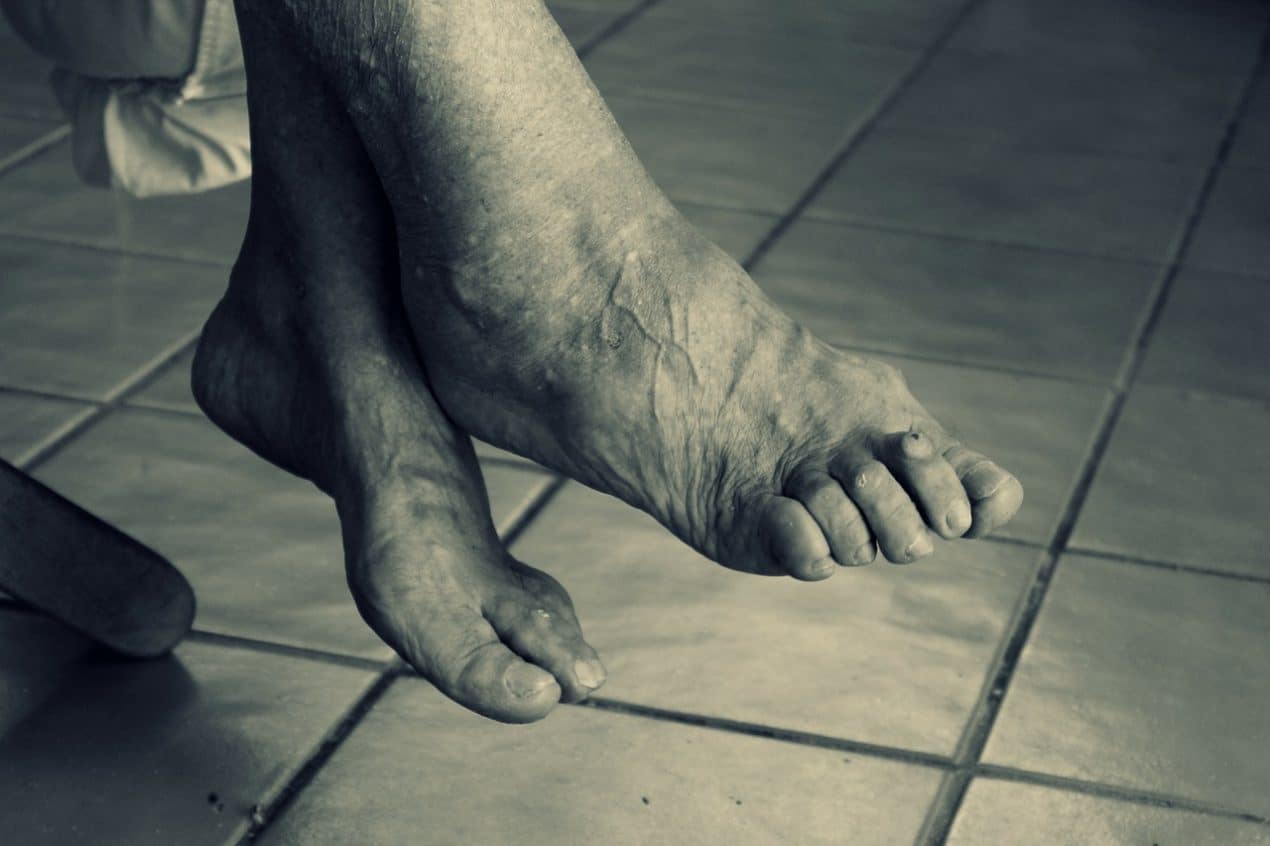27 November 2018 – There seems to Andrew to be a lop-sided overbalance of effort and resources placed into dealing with younger age groups while almost ignoring adults who struggle with autism. He describes his own experience.
I HAVE higher-functioning autism (Asperger’s Syndrome), I think ….. “I think?”
Shouldn’t I be sure? Of course!
But that’s the problem, no-one wants to help. I’m in my late 50s and all available help is exclusively reserved for younger children and not adults. Why?
“So”‘ you may say, “there are clinical psychologists and therapists listed in the Yellow Pages, so why not use them?”
Why? …. because they cost money, I can not afford.
That is one of the insidious and less conspicuous aspects of Asperger’s.
It can make you potentially unemployable which in turn leads to financial incapacity, hence the unaffordability of desperately needed help.
As if to add insult to injury, from the little income that is earnt it is taxed and these taxes are used to fund “free” therapeutic services for children, but not adults!
Why?
Am I any less needy than a youngster? Haven’t I paid my taxes? Where therefore do I go for help?
My only recourse is to resort to self-diagnosis and God knows I seem to tick all the five symptomatic boxes of higher-functioning autism.
I have been jobless now for over 20 years (and through no lack of trying) and it has led me into a sort of twilight existence, as if floating through life into my advanced years.
This is a continuum of a loveless, joyless childhood with no real family to speak of – distant, remote and hateful (I believe the modern, slightly cynical term “emotionally unavailable” is often applied) to the extent that I am estranged from so-called family consequently this has lead me to lead a lonely path in life already made difficult enough with having to cope with the social challenges thrown up by Asperger’s syndrome.
It is hard – impossible, in fact, to shed the deep-set sadness that permeates much of my inner life, instead of ameliorating, instead it only intensified with advancing years.
For me, more so recently as I’ve undergone surgery to remove a malignant cancer tumour – you can only imagine the stress and distress that caused – and still weighs heavily on my mind.
Old age throws up other challenges: the death of friends.
Social isolation is a constant stalker for the autism afflicted, hard enough to make friends as it is (all my interests are engineering, scientific, technical so my ‘inner circle’ are drawn from like-minded individuals).
Every time one of these already rare people die there is no-one to replace them, so the circle grows ever smaller and the sense of isolation that much more pronounced.
Asperger’s or not, I am a human being and I seek to have my dignity even in the face of a great deal of lost self-esteem but just little things erode the external bulwark, hell, I haven’t had a vacation in over 20 years.

Of course, none of these problems are unique to Asperger’s but what the “normal” population don’t appreciate is that we process situations and problems quite differently and this creates an additional and extra burden over and above the original problem.
Add that to a limited social circle (i.e. no ‘burden-sharing’)
it only makes a difficult situation even more difficult and enhances the struggle to try and stay on top of a problem.
The human downstream consequence of a lifetime spent dealing with these things and trying (not always successfully!) to overcome the challenges of daily living is that we (I, at least) end-up with a “grain-orientated” personality, i.e. bend me one way and I am immensely strong – far stronger than your average person (although some might prefer “inflexible’!). On the other hand, bend me another way and I am incredibly weak, far weaker at handling things than most.
When I originally contacted the editor to suggest the adult autism subject for a future issue I raised the issue of wanting to find others similarly afflicted.
This is still an objective I want to pursue. I have tried repeatedly; ads on noticeboards, personal ads, you name it – but all with no luck.
I just can’t believe that I’m the only one wanting to reach out!
So if you’re reading this and live in South Auckland and like me you’d like to become part of a slightly weird pseudo-family with others similarly afflicted and hopefully, see the value of being able to offer each other mutual support to help cope with life’s challenges then perhaps you could contact the editor who would be good enough to pass them onto me.
Likewise, if you are a professional therapist experienced in this field who thinks they may be able to offer assistance then please don’t hesitate to contact me.
- Andrew (not his real name), is in his late 50s, born in Australia but has spent most of his life in New Zealand
- His interests are all engineering/science related
- This article appeared in Altogether Autism Journal, Issue 3 2018


